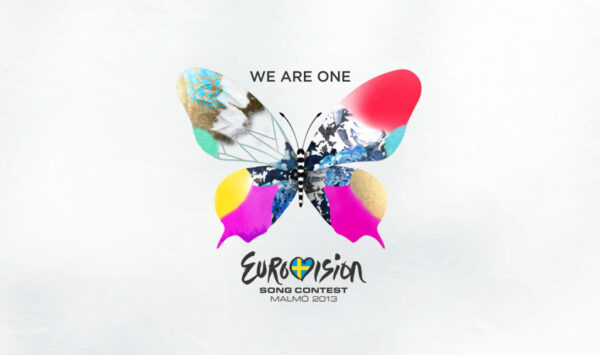The signs were already clear: the choice of Malmo, a much smaller host city, only one presenter and a spending budget of around 14.5 million euros (125 million SEK) all confirm the Swedish broadcaster’s intention to put a stop to the trend for a continuously increasing Eurovision Song Contest budget which reached the highest heights in Baku.
In an interview with Svenska Dagbladet, Martin Österdahl, executive producer of the 2013 Eurovision Song Contest explains why he believes the Eurovision Song Contest should abandon the technology race and go back to the basics as the severe increase in costs will not be viable in the long run.
The 2007 Eurovision Song Contest cost about 17.5 million euros (150 million SEK) a sum which doubled in Moscow reaching an estimated 33 million euro. Baku set a new all time record with the estimated cost reaching to over 100 million euro. All this is making countries afraid to win says Martin Österdahl : “The list of countries which cannot afford to organise the contest gets longer and longer , it is simply impossible to continue in this direction. If we do not break the trend, the Eurovision Song Contest cannot survive in the long run”.

Mr Osterdahl believes that in the continuous struggle for a larger, more impressive and more technologically advanced show the very idea of the contest itself is lost and there is a need to go back to what Eurovision is all about. He believes that when Eurovision was created back in the 50’s, after Europe had gone through two World Wars, its purpose was to bridge the differences between the nations and create a sense of community. “The idea is just as relevant today as in the 50’s, especially now given the problems in Europe”, he says.
On the same wavelength, producer Christer Björkman in an interview with TV4’s Nyhetsmorgon states clearly SVT’s intentions for this year’s contest: “We are dropping out of the technology arms race” he says. He explains that SVT want to make a show with less technology and more focus on the artists, a show that’s genuine and which will make the viewers interested in the artists, make the people want to call and vote for them. The budget for this year’s contest will not exceed 14.5 million euro, significantly lower than previous years.

“Congratulations, you’re already late.”
That was the first comment Christer Björkman heard after Loreen’s victory in 2012 and he has been trying to keep his head above water ever since as time is not his friend as far as the preparations for May are concerned: “It is like chasing a shadow, it feels like you’re almost there but always a little late”, he tells Expressen.
And the winner is ….the city of Malmö
The multicultural city of Malmö with the 166 nationalities represented- about 100 languages spoken- is the ideal place for the contest according to SVT’s CEO Eva Hamilton and now Sweden’s third largest city is working hard to ensure everything from lights to flowers will “breathe the Eurovision Song Contest”.
Karin Karlsson, Senior Project Manager for the Eurovision Song Contest in Malmö feels that the choice of a smaller host city is ingenious since there is a lot less to compete with as within a larger city: “If you want the contest to survive, this is the way to go”, she states.
Malmö is looking to benefit from hosting the contest in more than one ways. Ms Karlsson hopes the image of the city both domestically and internationally will change as Malmö is often portrayed as a crime city in the local press. The preparations will cost the city about 3 million euro but it seems like a fairly good deal for Malmö as only the expected advertising value is between 80-120 million euro not to mention the revenue for local businesses from the incoming crowds of fans, delegations and media.
“Sing out of tune!”
Does Martin Österdahl hope that Sweden wins again despite the high costs? “Absolutely, he tells Svenska Dagbladet, we would be happy to win again. And I hope no country should have to think that way after Malmö. But okay, if it was like Ireland who won four times in five years in the 90’s maybe I would whisper to our artist to sing a little out of tune”, he jokes.




